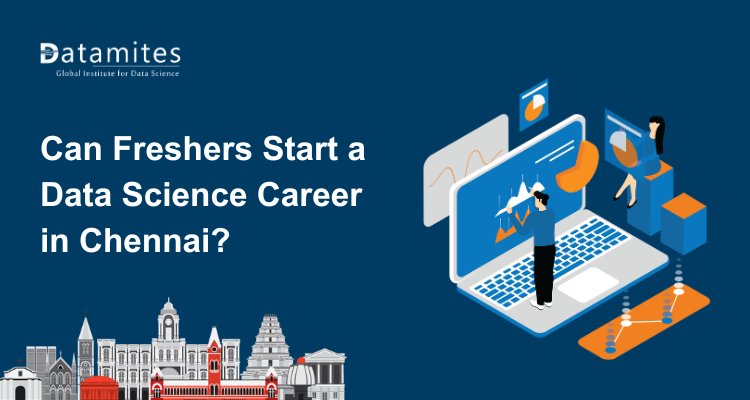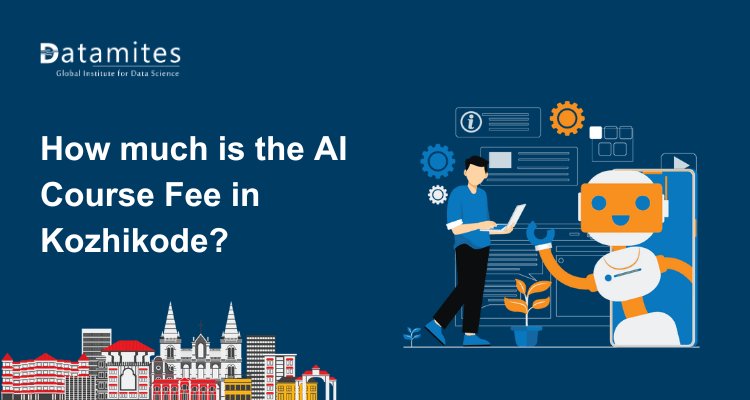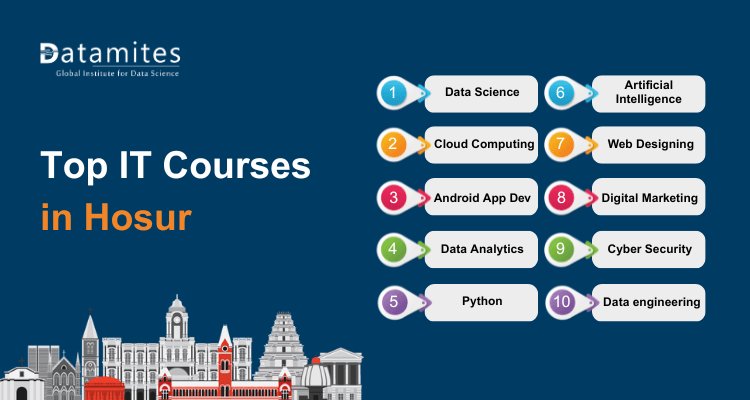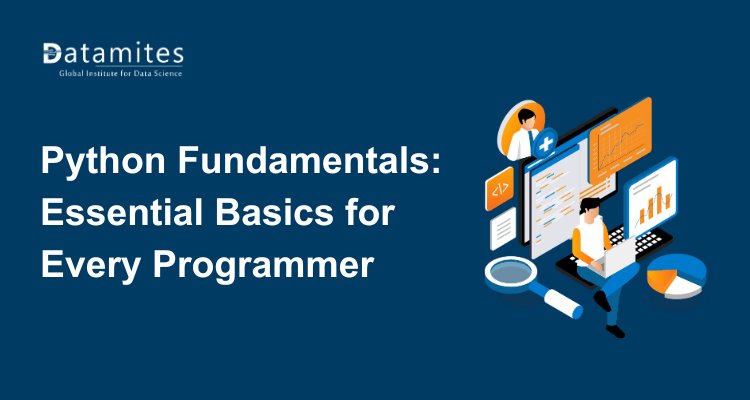Data Science Applications
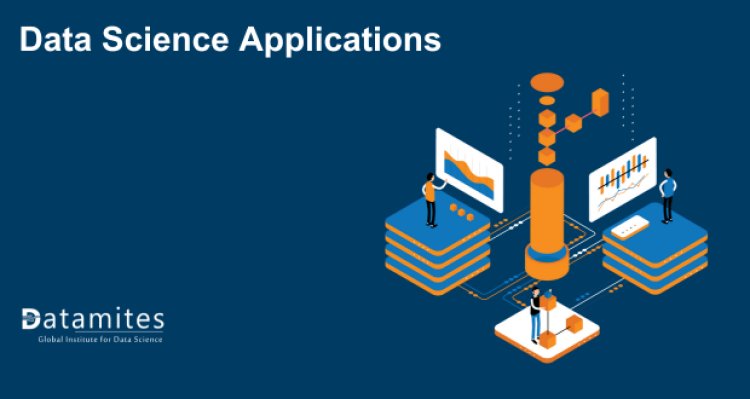
In today’s rapidly evolving digital landscape, data science stands out as a pivotal discipline. At its core, data science combines statistics, computer science, and domain knowledge to extract insights from structured and unstructured data. As businesses increasingly rely on data-driven decisions, understanding its significance becomes essential.
Moreover, the importance of data in our world cannot be overstated. It fuels innovations, drives efficiencies, and enhances decision-making across industries. This blog will explore various applications of data science, showcasing how different sectors harness its power to foster growth and efficiency. By examining these real-world applications, we aim to highlight the vital role that data science plays in shaping our future.
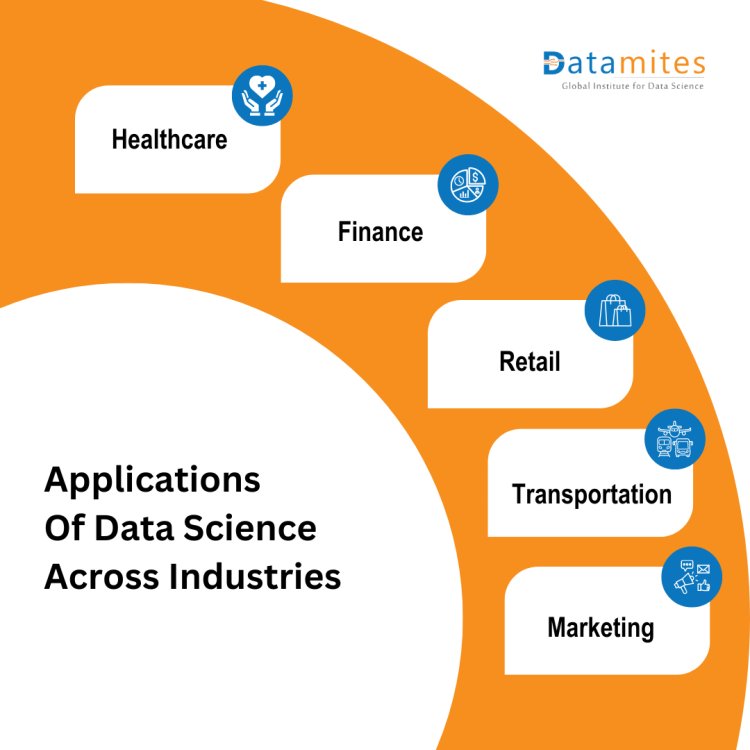
Industries Utilizing Data Science
If you're curious about how data science is shaping industries, it’s everywhere from healthcare to finance. Here’s a look at the sectors leveraging data to drive innovation.
A. Healthcare
The healthcare industry has undergone a revolution, largely driven by data science. Predictive analytics enables healthcare providers to improve patient care through enhanced diagnosis and tailored treatment plans. By analyzing patient data, trends can be identified, facilitating proactive interventions that lead to better outcomes. For those considering a career in data science, the healthcare sector presents numerous opportunities to make a meaningful impact.
- Predictive analytics for patient care: This technique predicts patient health outcomes by analyzing historical data.
- Medical image analysis: Machine learning algorithms help in interpreting medical images, assisting radiologists in identifying anomalies quickly.
In addition to improving patient care, data science also streamlines administrative processes in healthcare, reducing costs and enhancing service delivery.
B. Finance
In the finance sector, data science plays a crucial role in maintaining security and optimizing trading strategies. Financial institutions leverage advanced algorithms to detect fraudulent activities in real time, significantly reducing the risk of losses.
- Fraud detection and prevention: By analyzing transaction patterns, data scientists can identify suspicious behavior swiftly.
- Algorithmic trading: Automated trading systems utilize historical data to make informed decisions at lightning speed, maximizing profits while minimizing risks.
With the increasing complexity of financial markets, the demand for data science training and certifications has surged, preparing professionals for these challenges.
C. Retail
The retail industry is another sector where data science has made a substantial impact. Retailers harness customer data to understand preferences and behaviors, enabling them to tailor their offerings.
- Customer segmentation and targeting: By segmenting customers based on their purchasing behavior, retailers can deliver personalized marketing campaigns.
- Inventory management optimization: Data science techniques predict demand trends, helping retailers maintain optimal stock levels and reduce waste.
Consequently, the importance of enrolling in a top data science course has become evident for professionals looking to thrive in this dynamic industry.
D. Transportation
Data science applications in transportation lead to enhanced efficiency and safety. Companies use predictive analytics to optimize routes and manage logistics effectively.
- Route optimization and logistics: Analyzing traffic patterns and delivery schedules ensures timely deliveries while minimizing costs.
- Predictive maintenance for vehicles: Data-driven insights help companies anticipate vehicle maintenance needs, reducing downtime and maintenance costs.
As urbanization continues, the role of data science in transforming transportation becomes increasingly vital.
E. Marketing
Data science has revolutionized marketing strategies, making them more targeted and effective. Businesses leverage data analytics to create personalized marketing campaigns that resonate with individual customers.
- Personalized marketing strategies: By analyzing customer data, companies can tailor messages and offers to meet specific needs.
- Social media analytics: Data science enables businesses to gauge public sentiment and engagement on social platforms, informing their marketing strategies.
As a result, marketers equipped with data science knowledge are better positioned to drive success in their campaigns.
Refer these articles:
- The Future of Data Science: Emerging Trends and Job Opportunities
- Getting Started with Python for Data Science
- Why Data Scientist Career in 2024
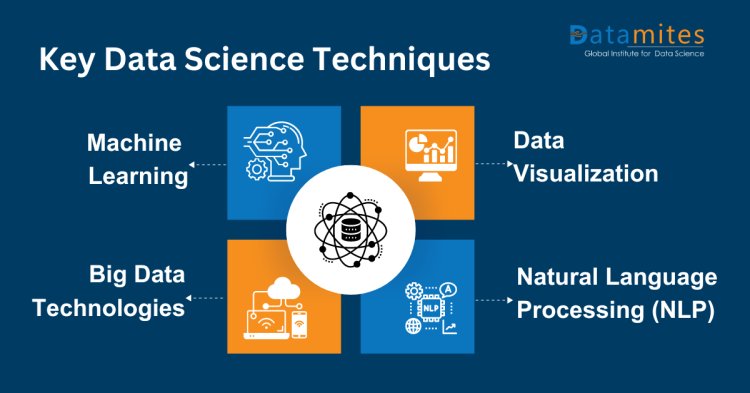
Key Data Science Techniques Used in Applications
Whether optimizing processes or predicting trends, data science employs various techniques. Explore the core methods powering modern data-driven solutions.
A. Machine Learning
Machine learning (ML) is a cornerstone of data science applications. It enables systems to learn from data and improve their performance over time. Understanding the difference between supervised and unsupervised learning is essential for anyone interested in this field.
- Supervised learning: Involves training a model on labeled data to make predictions.
- Unsupervised learning: Involves discovering patterns in unlabeled data, making it useful for clustering and association tasks.
These techniques are crucial for developing predictive models across various industries.
B. Data Visualization
Data visualization plays a vital role in communicating insights derived from data. By transforming complex data sets into visual formats, organizations can make informed decisions more easily.
- Tools and techniques: Popular tools like Tableau and Power BI enable users to create interactive dashboards.
- Effective representation: Good data visualization allows stakeholders to quickly grasp trends and outliers.
As a result, mastering data visualization is an essential skill for data scientists.
C. Big Data Technologies
With the exponential growth of data, big data technologies have emerged as essential tools for data science applications. Understanding these technologies can significantly enhance an organization’s ability to process and analyze vast amounts of data.
- Overview of tools: Technologies like Hadoop and Spark allow for distributed data processing, enabling scalability and efficiency.
- Real-time analytics: Big data tools can process data in real time, providing immediate insights that drive decision-making.
As businesses continue to generate and collect data at unprecedented rates, the relevance of big data technologies becomes increasingly apparent.
D. Natural Language Processing (NLP)
Natural Language Processing (NLP) is another key technique in data science, focusing on the interaction between computers and human language. It enables machines to understand, interpret, and generate human language.
- Applications in sentiment analysis: Companies use NLP to analyze customer feedback and gauge public sentiment toward their brand.
- Chatbots: Businesses deploy chatbots powered by NLP to enhance customer service, providing instant responses to inquiries.
As NLP technology continues to advance, its applications in various sectors will only expand, driving more efficient communication.
Refer these articles:
- How to Become a Data Scientist: Top Certification Courses in India
- Data Science Career Scope in India
- Data Scientist Salary in India: Factors That Matter
Future Trends in Data Science Applications
As technology evolves, so do the possibilities of data science. Let’s dive into the emerging trends set to transform industries in the future.
A. AI and Automation
The integration of AI and automation into data science is set to transform industries even further. Organizations are increasingly adopting AI-driven solutions to enhance operational efficiency and improve decision-making.
- Automated insights: AI can sift through data and provide actionable insights without human intervention.
- Enhanced data processing: Automated systems can handle vast datasets faster than traditional methods, enabling quicker responses to market changes.
As these technologies evolve, the demand for skilled professionals in this area will rise, underscoring the importance of ongoing education, such as enrolling in a data science certification course.
B. Ethical Considerations in Data Usage
As data science continues to evolve, ethical considerations surrounding data usage are gaining prominence.Companies need to address privacy issues and guarantee that data is handled responsibly.
- Data privacy regulations: Compliance with regulations such as GDPR is crucial for organizations handling personal data.
- Fairness in algorithms: Ensuring that algorithms do not perpetuate biases is a critical challenge for data scientists.
By addressing these ethical concerns, organizations can build trust with their customers and stakeholders.
C. The Growing Importance of Data Literacy
As data becomes integral to business operations, the importance of data literacy is rising. Employees across all levels need to grasp the fundamentals of data to contribute effectively.
- Training programs: Organizations are investing in training programs to enhance their employees' data literacy.
- Interdisciplinary teams: Diverse teams with varying skill sets are better equipped to tackle complex data challenges.
Encouraging a culture of data literacy will empower organizations to leverage data science more effectively.
Refer these articles:
- How much are the Data Science Course Fees in Ahmedabad?
- Data Science Course Fee in Bangalore
- Data Science Course Fee in Pune
Data science applications are reshaping industries and driving innovation. As organizations continue to recognize the value of data, pursuing further education and training in Certified data scientist is crucial. Embrace the opportunities data science offers to stay ahead in this dynamic landscape.
For those eager to elevate their expertise, DataMites Institute offers a range of advanced training programs tailored to meet the evolving demands of the data-driven industry. As a leading provider of data science and AI education, DataMites collaborates with esteemed organizations such as the IABAC and NASSCOM FutureSkills. These comprehensive programs equip professionals with cutting-edge skills and essential industry knowledge.
Furthermore, DataMites supports learners through invaluable resources, including workshops, webinars, and job placement assistance, all designed to foster professional growth. Whether you’re just starting your journey or aiming to advance your career, DataMites provides the tools and guidance necessary to excel in the dynamic field of data science. Embrace the future with DataMites and discover your potential in this dynamic field!

